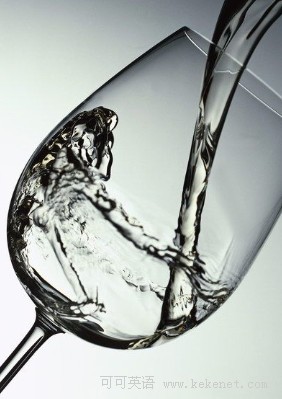
为什么喝酒时要碰杯?喝酒碰杯的习俗有很多种解释。一种是早期欧洲人认为碰杯的声音可以驱逐恶灵。另一种解释坚持认为碰杯时双方各将自己的酒向对方的酒杯中倾注一些,从而证明酒中无毒。这么多选择里尼选择相信哪一种?
Claim: The ritual of clinking glasses evolved from efforts to prove that the drinks contained therein were not poisoned.
声称:碰杯的仪式起源于确认杯中有无毒药
False
错误
Q: Why do people clink their glasses before drinking a toast?
Q:为什么喝酒时要碰杯?
A: It used to be common for someone to try to kill an enemy by offering him a poisoned drink. To prove to a guest that a drink was safe, it became customary for a guest to pour a small amount of his drink into the glass of the host. Both men would drink it simultaneously. When a guest trusted his host, he would then just touch or clink the host's glass with his own.
A:过去常常有人认为在酒杯里放毒来谋杀敌人,为了证实酒是安全的,宾客会把杯中一部分酒倒进主人杯中已成为一种习俗,然后主宾同时喝下去以证明无毒。当宾客信认主人时,两人就只是碰一下杯子。
Origins: Many explanations have been advanced to explain our custom of clinking glasses when participating in toasts. One is that early Europeans felt the sound helped to drive off evil spirits. Another holds that by clanking the glasses into one another, wine could be sloshed from glass to glass, thereby serving as a proof the beverages had not been poisoned. Yet another claim asserts that the "clink" served as a symbolic acknowledgment of trust among imbibers who did not feel the need to sample each others' drinks to prove them unadulterated.
起源:喝酒碰杯的习俗有很多种解释。一种是早期欧洲人认为碰杯的声音可以驱逐恶灵。另一种解释坚持认为碰杯时双方各将自己的酒向对方的酒杯中倾注一些,从而证明酒中无毒。然而还有另一种则认为:碰杯是一种象征性的相信酒是干净的,不需证明有没有放毒。











